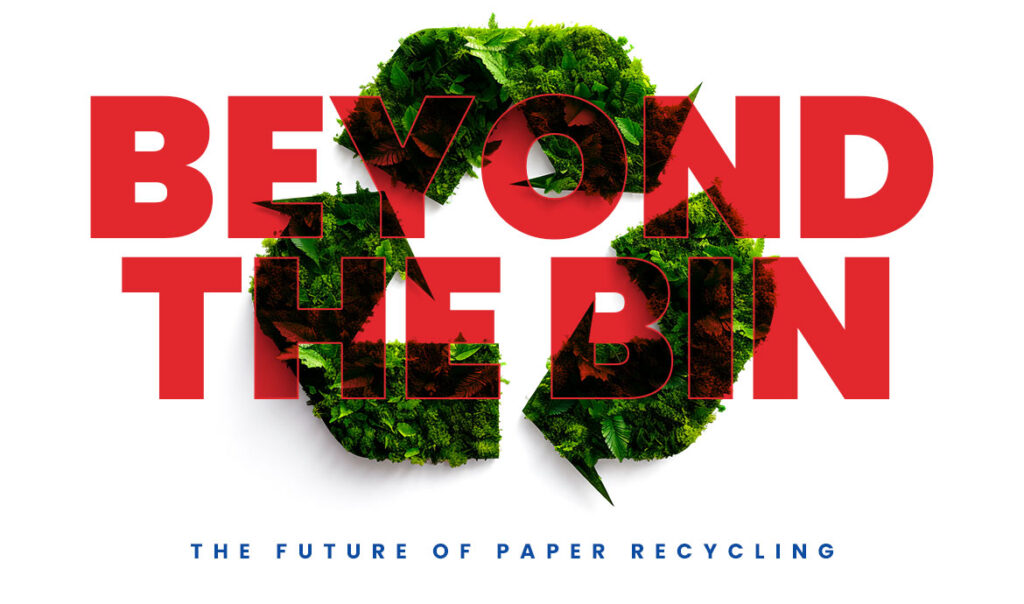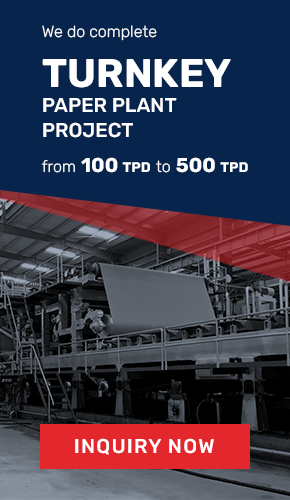
Paper recycling stands as a linchpin in sustainable resource management, offering a cascade of benefits such as conservation of forestry, reduction in energy consumption, and mitigation of environmental impacts. Yet, the industry grapples with challenges related to efficiency and cost-effectiveness. In this exploration, we delve into a paper presented at the IPPTA Muzaffarnagar Conference 2023 by Sneh Patel and Parth Patel. Their research illuminates the transformative potential of integrating technology and government policies to revolutionize paper recycling processes, enhancing both efficiency and environmental sustainability.
Technological Advancements in Paper Recycling:
- Sensor-Based Sorting: Sensor-based sorting systems represent a revolutionary leap in paper recycling technology. By employing advanced sensors, these systems can accurately identify and separate various types of paper materials, minimizing contamination and leading to higher-quality recycled products. Studies have demonstrated an impressive accuracy rate of over 95%, significantly reducing contamination levels to less than 1%.
- Automation in Paper Collection: The integration of automation in paper collection, including the use of robotic collection vehicles, is a critical aspect of enhancing efficiency in the recycling process. Automated collection systems have been shown to reduce costs by up to 30% and optimize collection routes, resulting in fuel savings of 15-20%.
- Data Analysis and Machine Learning: Leveraging data analysis and machine learning techniques holds the promise of optimizing various aspects of paper recycling. Machine learning algorithms, by analyzing historical data on paper collection and processing, can identify patterns and trends that might be elusive through manual analysis. Real-time optimization strategies have demonstrated a 20% improvement in the efficiency of paper recycling processes.
Government Policies and Paper Recycling:
- Mandatory Recycling Programs: Government policies play a pivotal role in shaping and promoting paper recycling. Mandatory recycling programs, which require households and businesses to participate in recycling initiatives, have proven to significantly increase recycling rates. Communities with such programs report recycling rates exceeding 50%, compared to 30% in areas without them.
- Financial Incentives: Financial incentives, including deposit-refund systems and tax incentives for recycling businesses, provide economic motivation for individuals and organizations to engage in recycling activities. Deposit-refund systems, for example, have led to a return rate of over 80% for beverage containers, reducing litter and increasing recycling rates.
The integration of cutting-edge technology with supportive government policies presents a promising avenue for enhancing the efficiency and quality of paper collection and processing. Innovations such as sensor-based sorting, automation in paper collection, data analysis, and machine learning collectively contribute to higher-quality recycled materials, reduced contamination, and increased operational efficiency.
Mandatory recycling programs and financial incentives foster greater participation and investment in recycling initiatives, reinforcing the collaborative efforts between technology and government policies. In doing so, not only does this approach protect the environment, but it also conserves valuable resources and promotes sustainable recycling practices. The confluence of these advancements paints a bright future for the paper recycling industry, where environmental responsibility meets cutting-edge innovation.


